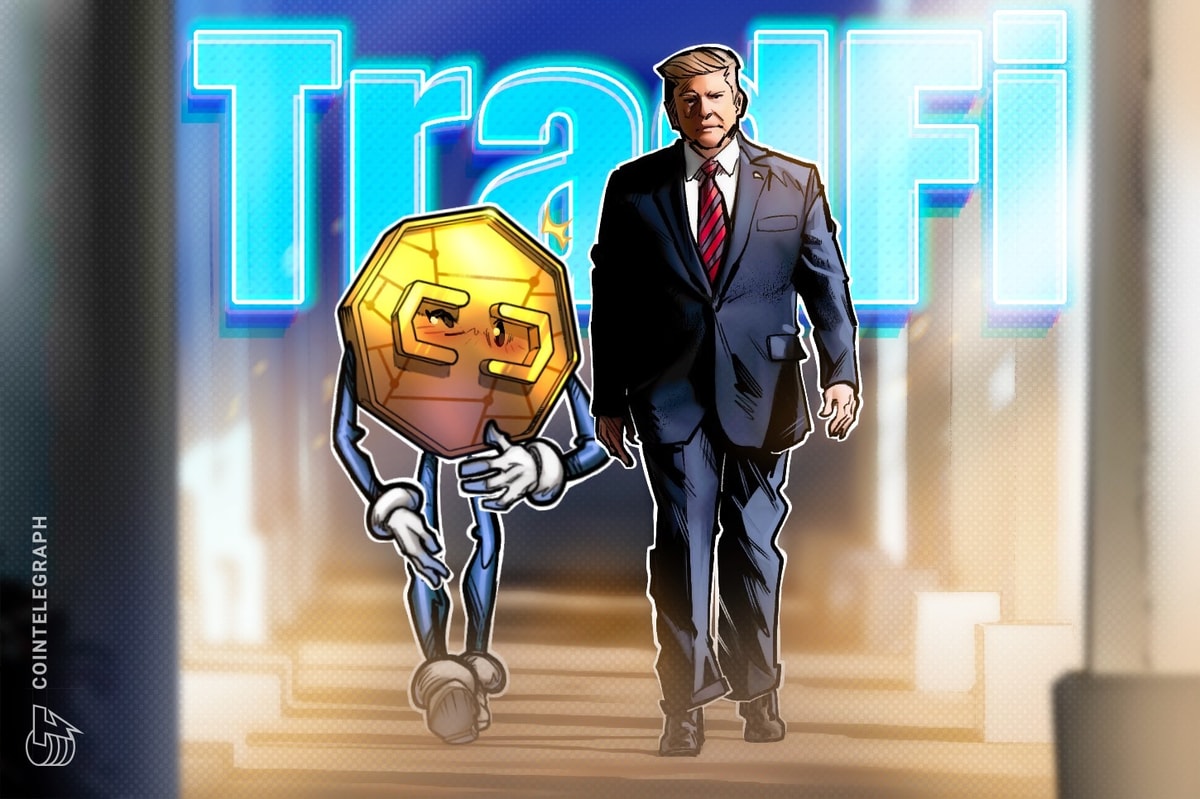Franklin Templeton CEO Jenny Johnson believes the new Trump administration will begin working toward clearer regulations by integrating traditional finance and crypto.
“I think that the thing with the Trump Administration is we’re going to start to see them converge more, the TradeFi and the crypto, which is something that we need,” she told Bloomberg in a Jan. 21 interview.
“We need to have some sort of regulatory clarity so that you could bring these together because, fundamentally, it will drive out costs, and there is great innovation that the technology enables,” Johnson added.
Johnson says that blockchain technology, in particular, could be utilized for exchange-traded funds and mutual funds in the future.
“I think it’s really important to think of blockchain as a technology. It’s a programming language that does certain things really well,” she said.
“I do think that it’s likely that ETFs and mutual funds will ultimately be built on blockchain just because it’s an incredibly efficient technology.”
It comes as President Donald Trump signed a raft of executive orders on his first day in office on Jan. 20, but none of them have addressed crypto assets or policy yet, despite his crypto-friendly promises made on the campaign trail.
Hundreds of pro-crypto candidates have also won seats in Congress, and industry leaders have suggested that the US government might become the most pro-crypto in history.
According to Johnson, while the crypto industry has “tremendous opportunity,” she thinks some of it will end up being “noise,” similar to what happened with internet-based companies during the dot-com bubble.
Related: Trump’s ‘America First Priorities’ exclude any mention of crypto, BTC
“It’ll be a little bit like the dot-com era, eventually, you had some of the biggest companies of the next decade that came out of it, and then you had a lot that kind of blew away to the side. I think that the crypto world is similar,” she said.
During the late 1990s up until the early 2000s, internet-based companies were the subject of massive hype and investment.
The sector peaked at a value of $2.95 trillion in 2000 before slumping to $1.195 trillion as capital dried up and investors left in droves, causing many companies in the industry to go bust.
Magazine: BTC’s ‘reasonable’ $180K target, NFTs plunge in 2024, and more: Hodler’s Digest Jan 12 – 18










